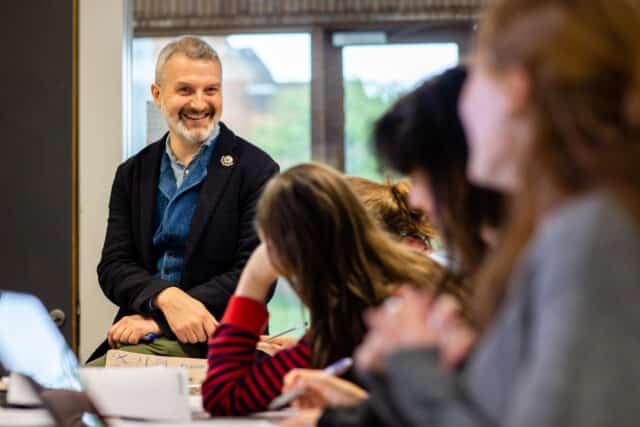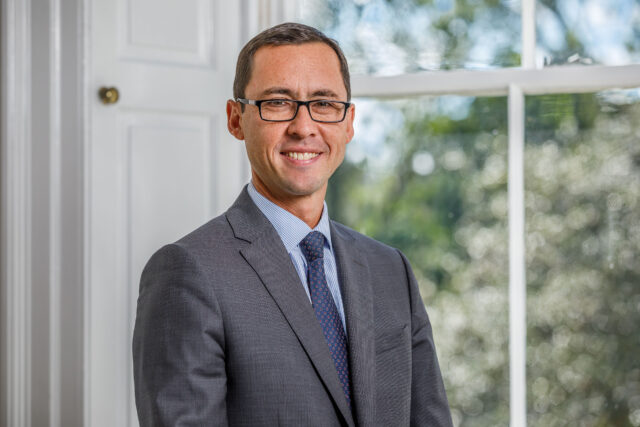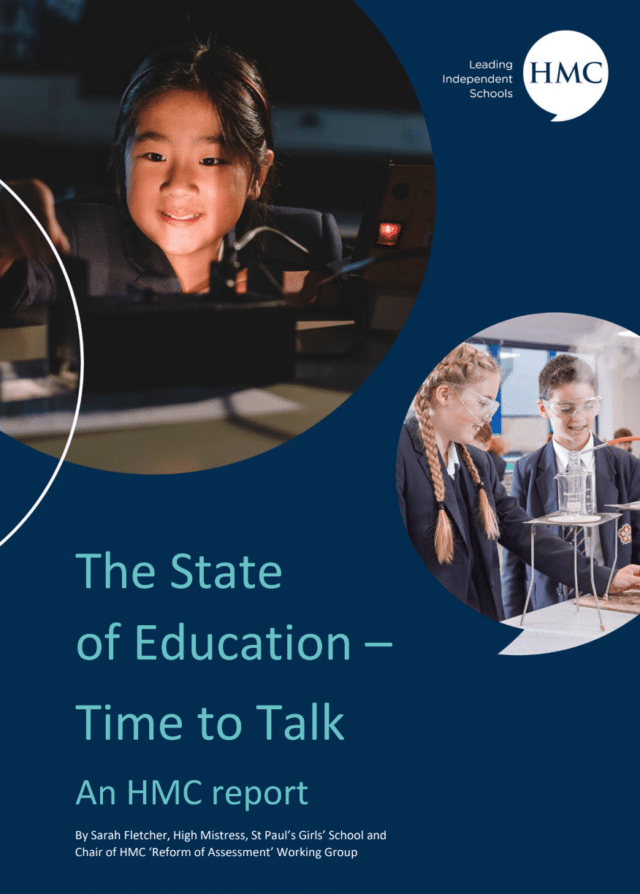Blog
What does the future of assessment look like?
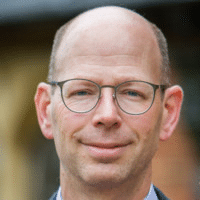
Dr John Taylor
Director of Learning, Teaching and Innovation at Cranleigh School
Read the blog
Recent years have seen an uptick in discussion and debate about the future of assessment. The impact of the pandemic, concerns about learner well-being, the ever-rising tide of education technology and the emergence of generative AI have fed into a growing sense of the need to look beyond traditional exams to find other ways to develop and measure such aspects of deeper learning as critical thinking, real-world problem-solving, creativity and collaboration. These factors have combined to give new impetus to a conversation that, for many of us, has been present throughout our professional lives.
Is the future already here?
But what if the seeds of a new model of assessment have already been planted? What if the starting point for a new way of learning and assessing is already with us? Some time back, in 1999, I co-led a group of educators who seized the opportunity afforded by Curriculum 2000 to propose an innovative course in the History and Philosophy of Science, a programme that combined the arts and the sciences and allowed for critical thinking, classroom debate and engagement with philosophically and ethically complex topics such as human cloning and the possibility of AI. The breakthrough came with the decision that this course should be assessed not by means of an exam but through a research project. Suddenly, the way was open to allow students to choose to develop and exhibit their learning by asking and investigating the questions that really mattered to them.
Little did I know that the Perspectives course was to feed into a major national qualification, the Extended Project Qualification (EPQ), which, some 20 years on, is being taken by nearly 50,000 learners annually, having been recognised as a valuable complement to a strongly exam-focussed assessment framework that largely dominates the lives of secondary school students the world over.
A great project comes from the heart
What became clear to me, as EPQ bedded in and grew (indeed, for some years, it was the fastest growing qualification in the English system), is that this was more than just a valuable additional qualification. EPQ embodies a radically different model of learning, one that begins with questions and challenges that students choose for themselves. Whilst it has the extrinsic value of a grade and therefore recognition within the national qualification system, EPQ is powered by intrinsic motivation.

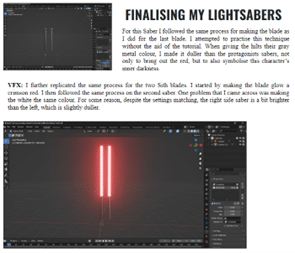

As our newly released ‘Project Toks’ series makes clear, ‘a great project comes from the heart’. Every year at Cranleigh, we see over 100 students engaging with project work, exploring, researching, critiquing, creating, designing, dancing, composing, filming and even baking. The best of these projects are just stunning. They are a powerful testament to what is possible when personal passion meets with rigorous research in a creative, reflective journey of inquiry and ever deeper engagement with genuine challenges. Moreover, these projects, varied as they may be, each express a personal response that is measurable against clearly defined assessment objectives. This is why I believe we have, within this model of learning, a genuine foretaste of what a future assessment model might look like.

Seeds of growth
This rich, valuable, creative, rigorous mode of learning is not confined to a single qualification. At Cranleigh, we have made use of the Foundation and Higher Projects, which sit below EPQ and provide starting points for the journey of project learning. In 2019, having called for wider uptake of Philosophy in schools, Cranleigh partnered with New College of the Humanities (now Northeastern University London) to launch the ‘School Certificate in Philosophy’, a project-based qualification focussed primarily on years 9 and 10, which also affords an opportunity for engagement with meaningful, personally engaging questions and journeys of discovery powered by self-directed learning. It too has grown rapidly and runs now in over 30 schools in England and worldwide.
More recently still, I supported ISEB with the development and launch of iPQ, an age-appropriate project-based learning and assessment model that affords pupils at the start of their educational journey a chance to discover just how enjoyable and rich learning can be when you are allowed to choose for yourself what to explore, to create or to discover.

The heart of great learning
What then does the future of assessment look like? If we believe in the importance of equipping young people with the skills and confidence to take charge of their own learning journeys and realise the joy that comes when they pursue their passion, I suggest that the future of assessment is going to give a greatly expanded role to project-based models. A great project comes from the heart and a great education system is one where we can truly say to our learners: feel free to follow your heart!
Dr John Taylor is the Director of Learning, Teaching and Innovation at Cranleigh, with responsibility for the development of independent learning across the schools in the Cranleigh International family. John works closely with staff, providing professional development opportunities and organising and leading CPD in areas connected to independent learning. He is one of the principal architects of the Extended Project Qualification and other project-based qualifications in the UK. His work developing philosophical inquiry in the classroom is shaping the way Cranleigh approaches teaching and learning.
